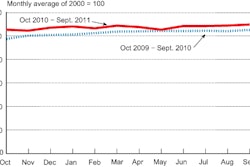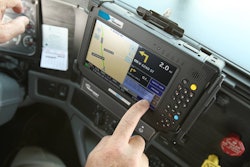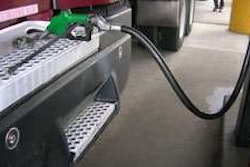The Automotive Aftermarket Industry Association and the Coalition for Auto Repair Equality have announced that they will commit the resources necessary to work for passage of the Massachusetts Right to Repair question on the state’s 2012 ballot.
“While we are hopeful that the Massachusetts legislature will pass Right to Repair legislation in the coming months, we are committed to the issue and will devote the resources necessary to make sure the ballot initiative is successful,” says Kathleen Schmatz, AAIA president and chief executive officer. “If Massachusetts lawmakers do not act, the AAIA and CARE boards are committed to making sure the voters of Massachusetts have the ability to decide if Right to Repair becomes a reality in their state.”
The Massachusetts Right to Repair voter initiative would allow consumers to access all of the nonproprietary repair information required to have their vehicles repaired where they choose, at a new car dealership or an independent shop. The proposed law would require that car companies provide independent shops with access to their diagnostic software through a standardized vehicle interface and utilizing a generic laptop, thus leveling the playing field between car manufacturers’ dealerships and independent, neighborhood repair facilities.
“The people of Massachusetts have expressed their strong support of Right to Repair and their desire to vote on the issue in 2012,” says Sandy Bass-Cors, executive director of CARE. “In fact, it took only 19 days to far exceed the number of signatures required to get this legislation on the ballot. We will make sure the Massachusetts motorists get the chance to vote on this pro-consumer initiative if their state legislative representatives do not act on their behalf and pass the Right to Repair Act.”
The Right to Repair Act was introduced in Massachusetts for the 2011-12 legislative session by Rep. Garrett Bradley (D-Hingham) and Sen. John Hart (D-South Boston) and has more than 60 co-sponsors, more support than during the 2009-2010 session.











